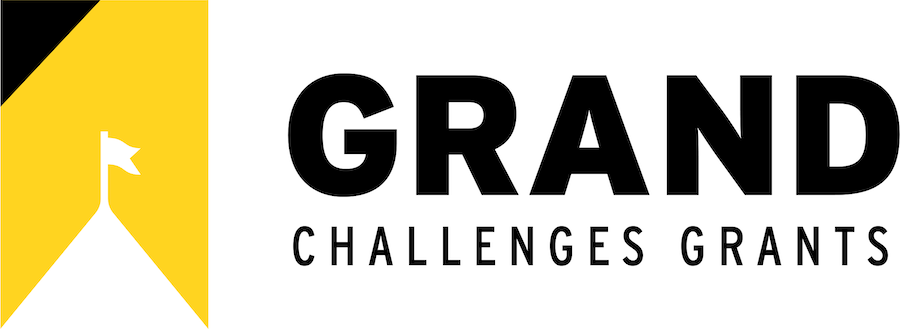Grand Challenges: Establishing a Role for Psilocybin in Frontal Lobe Function
Grant Type: Individual Project Grant
Topic: Mental Health
College Represented: BSOS
A ‘Magic’ New Treatment for Depression?
August 6, 2024
Psilocybin Research Findings Published in Journal of Neurophysiology
May 24, 2024
Summary:
The World Health Organization estimates that by 2030, depression will become the leading mental health contributor to the global health burden. Current treatments for depression represent a tremendous burden to patients’ time and money, and further fail to reduce symptom severity in approximately 2.8 million (~31%) of individuals with depression. The last decade has seen a resurgence in interest in the use of psychedelics, such as psilocybin, for the treatment of depression and other mood disorders. In clinical trials, a single dose of psilocybin has been shown to produce a lasting and dramatic reduction in symptom severity in treatment-resistant depression patients. This has led to growing enthusiasm among academics, clinicians, and politicians for the legalization of psilocybin for therapeutic purposes. Despite this enthusiasm, relatively little is known about how psilocybin alters the decision-making areas of the brain, which are often most negatively impacted by depression. This project seeks to build an open-source analysis pipeline that will explore how a single dose of psilocybin alters decision-making and its related brain areas in rodents.

PI: Adam Brockett (BSOS),
Assistant Research Professor,
Neuroscience and Cognitive Science

